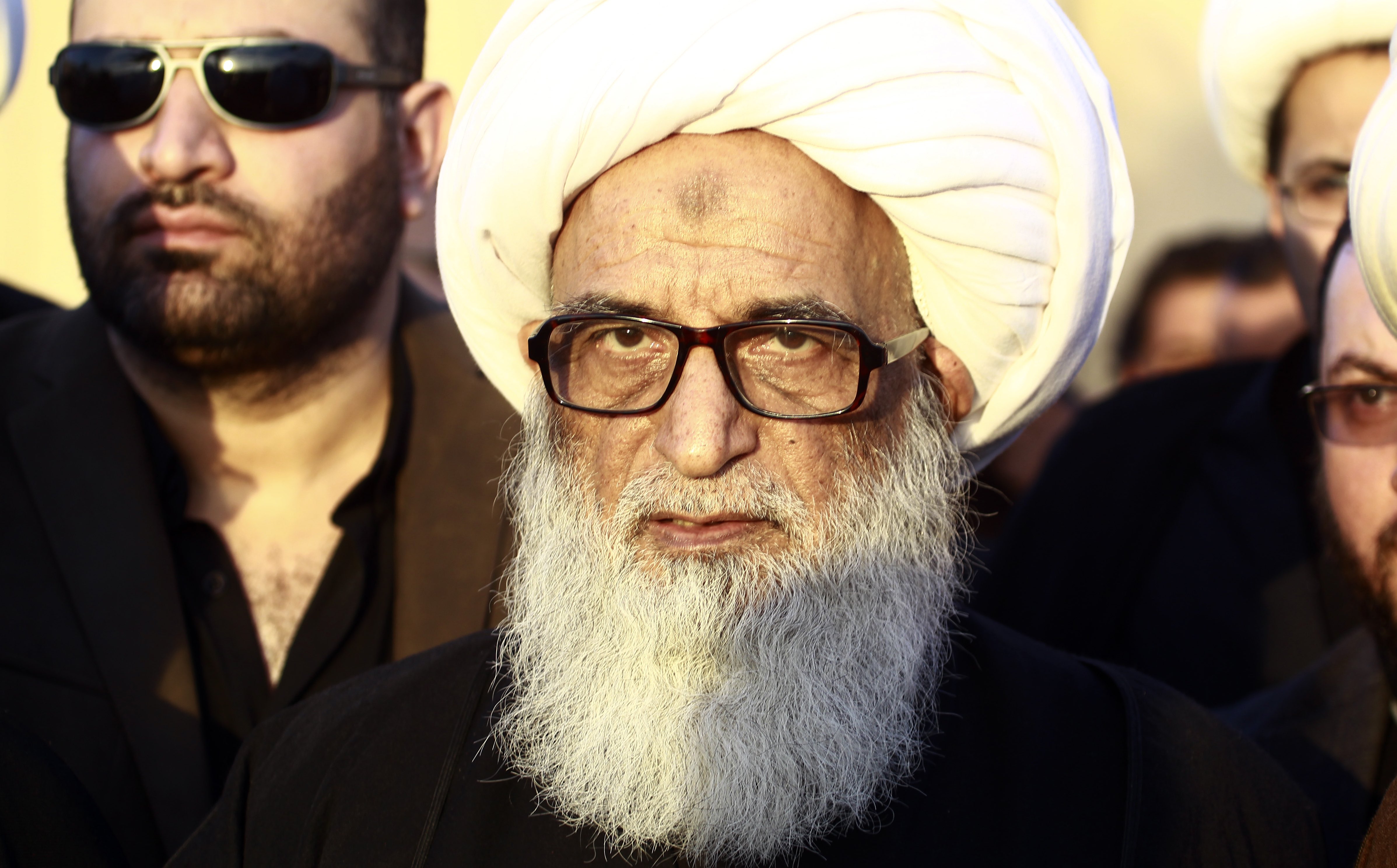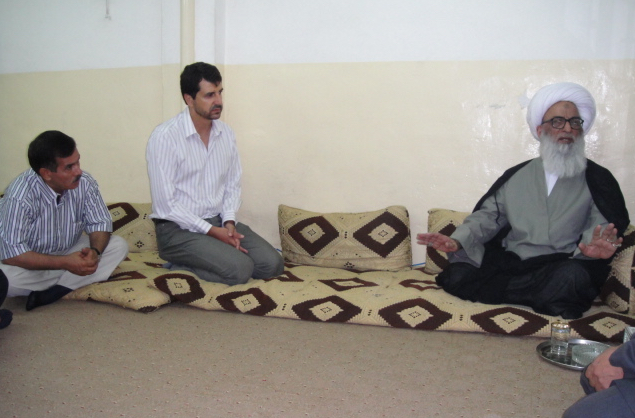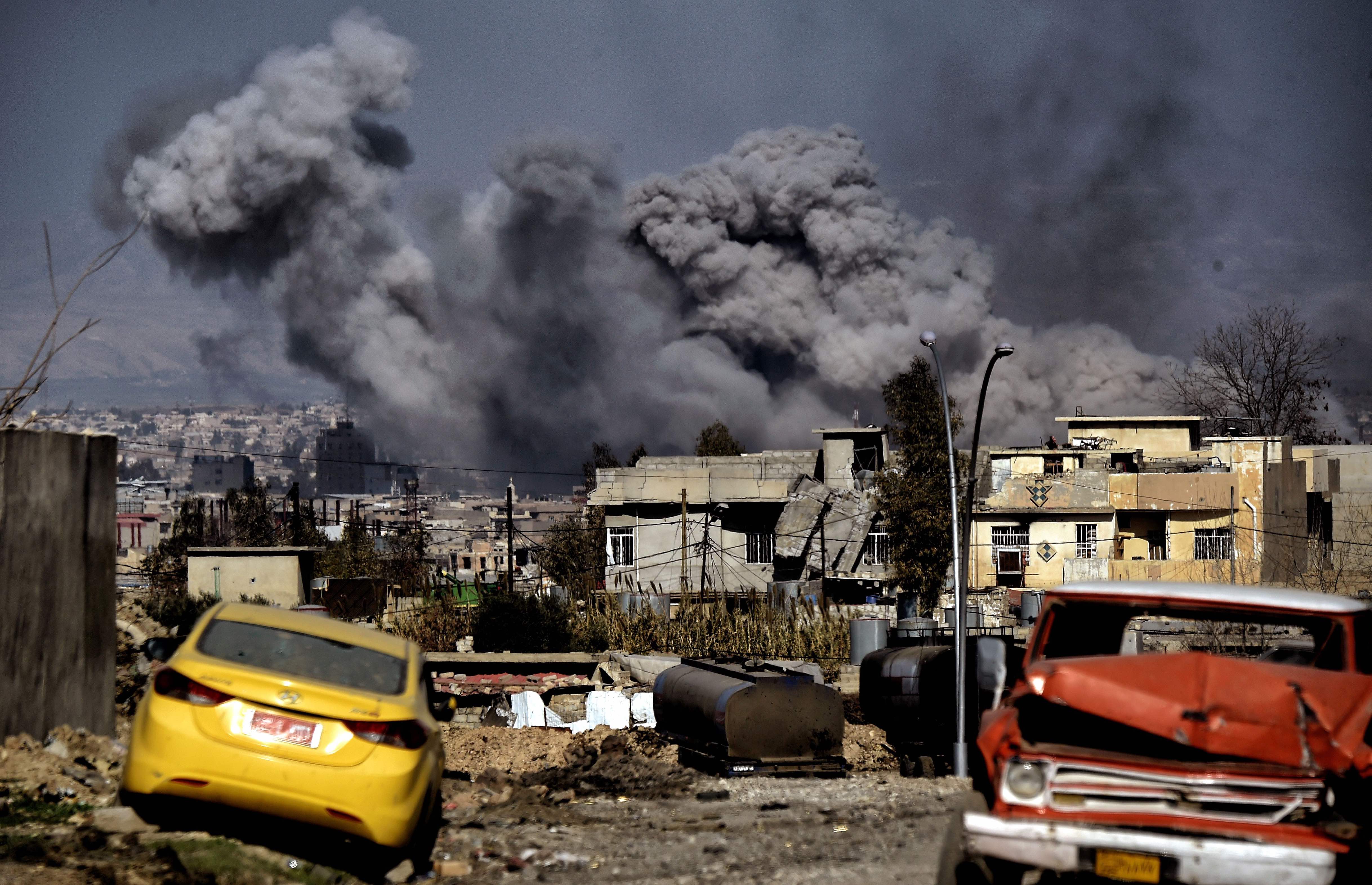
Environment
The future of climate refugees

‘No Dancing, No Dancing: Inside the Global Humanitarian Crisis’ is a new book that takes us on a journey to find an answer to the question – what happens to international aid projects after the money is spent?
Published 31 January 2018
Dr Denis Dragovic, a former aid worker and now an honorary Senior Fellow in international relations at University of Melbourne, returns to three major humanitarian crises in his new book No Dancing, No Dancing: Inside the Global Humanitarian Crisis.
He revisits South Sudan, Iraq and East Timor in search of what happened to the people and projects there in the intervening years.

Along the way, he looks for answers to how we can better respond to the emerging global humanitarian crisis. Meeting young entrepreneurs striving to build their businesses, listening to tribal leaders give unvarnished views of foreign aid or negotiating the release of a kidnapped colleague, the book brings the reader into the global humanitarian crisis while engaging with questions of cultural imperialism, Western aid models and foreign interventions.
In an extract from the book, the story picks up at a meeting with Grand Ayatollah Sheikh Bashir Hussain Najafi in Iraqi, who is one of the highest authorities on religious laws in the country.

Environment
The future of climate refugees
Dr Dragovic first met the Ayatollah in 2003 when the aid-worker was accused of being a CIA agent assessing the compound for an attack. In the years that followed, they built a mutual understanding and remained in correspondence through intermediaries. Nearly a decade later, during Dr Dragovic’s return to Iraq he journeys to Najaf to meet with the Ayatollah again.
As he entered we all quickly rose, though I was a little slower to get up—my knees not being used to sitting crossed-legged for so long. One after the other we all kissed the hand of the Ayatollah—this time it felt the right thing to do—before returning to the cushions.
He’d lost a lot of weight. Everything else was the same—the clothes, the worn prayer rug complexion, the black-rimmed glasses. It was as if it was yesterday and he was shaking his finger threateningly at me.
The Ayatollah’s son introduced us once again, and a flicker of recognition passed across his face as he looked squarely at me. I presumed that he recalled my previous visit, though it was hard to say and an uncomfortable question to ask. Then the floor was handed over to me.

Just like last time, working through a translator in addition to the formality of meeting an Iraqi religious leader meant that we both ended up communicating in monologues, delivering speeches rather than participating in a flowing exchange of words.
‘What are your thoughts on humanitarian aid being delivered by a military that is responsible for the conflict? For example, immediately after the US invasion was it okay that the US military was involved in providing humanitarian assistance?’

Politics & Society
Australia’s place at the human rights table
‘It should be clear,’ came the written response reflecting what he had said at the meeting, ‘that the objective of such activity by the army is not to serve the people, but it is to deceive the public and poor people, in order to misguide the people and to seize their nation and creed, their wealth and means, their land and airspace, everything, with the goal to make them their slaves; just as Yazeed, Ubaidullah ibn Ziyad, Umar ibn Saad and such cursed people deceived the people of Iraq in the same way and made them prepared to fight against Imam Husayn.’
The Ayatollah was referencing a time in the late seventh century when the followers of Imam Ali were struggling to retain their claim to being the true heirs to the new religion. History, it seems, is not forgotten so long as it continues to serve its purpose.
He continued, ‘This has always been the practice of the temporal despotic powers. Therefore, it is the religious and patriotic duty of every person of intellect, possessor of a conscience, carrier of esteem and magnanimity, to avoid such deception.’
What mattered to me and to many aid agencies working in Afghanistan, Iraq, Yemen or any other country on the frontline of the clash between Islamic militants and the West was whether we are justified targets or neutral actors.
I asked about the more publicly visible money trail: ‘Does it matter where the money for humanitarian aid comes from? For example, during the US invasion many NGOs got money from the US government, does that matter?’

‘All these organisations have a duty not to take part in such activities by which there is detriment to the religion of Islam, or if it results in the damage of freedom in an Islamic country or by which the enemy of the state and Islam gains further strength, even if it may be to simply send money,’ he responded, holding his fists firmly on his lap, the sentences issuing forth from his mouth like small bullets.
The message was clear. He saw us as aiding and abetting the US military in its mission to ‘seize the nation’. A different argument but built upon the same intellectual foundation as the views expressed at IRC headquarters by those who argued for the mission to be closed-down.
Arguably, the second most powerful Ayatollah in Iraq was emphasising that humanitarian organisations must not receive funding from the United States if they are to operate as neutral actors in his country.
Many NGOs have had this ethical debate internally. Some, such as Oxfam, opted against receiving Coalition funding during the Iraq war while others, such as IRC, chose to only take money that didn’t come with too many strings attached.
The early aid contracts with the US government had some constraining clauses that raised eyebrows and frustrated NGOs, including, ‘all contact with the news media, in Washington or overseas, must be approved and coordinated by the USAID Press Office’. These media restrictions stymied organisations from advocating on humanitarian issues during the war, undoubtedly succeeding in buying the silence of some.
Since then the strings attached to US government aid money made the earlier clauses seem quaint.
New obligations have transformed charities into extensions of the military or ‘force multipliers’— a term used by Colin Powell to describe NGOs.

Extracts from more recent contracts from Afghanistan show that charities are now expected to ‘support military efforts in communities by helping to “hold” areas after they are cleared’, to provide ‘direct support of ongoing and planned USG Counterinsurgency efforts’, or to ‘implement program activities…in post-battlefield clean-up operations’.
I understood the Ayatollah’s suspicion very well.
This is an edited book extract from No Dancing, No Dancing: Inside the Global Humanitarian Crisis published by Odyssey Books. The book is available for purchase here.
Banner: Getty Images